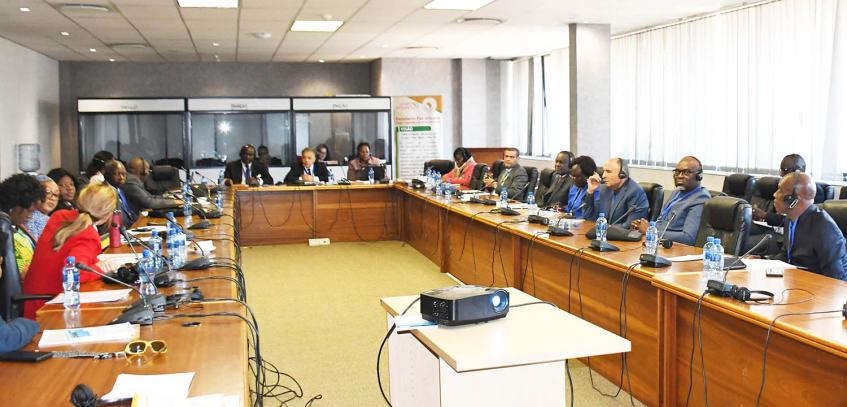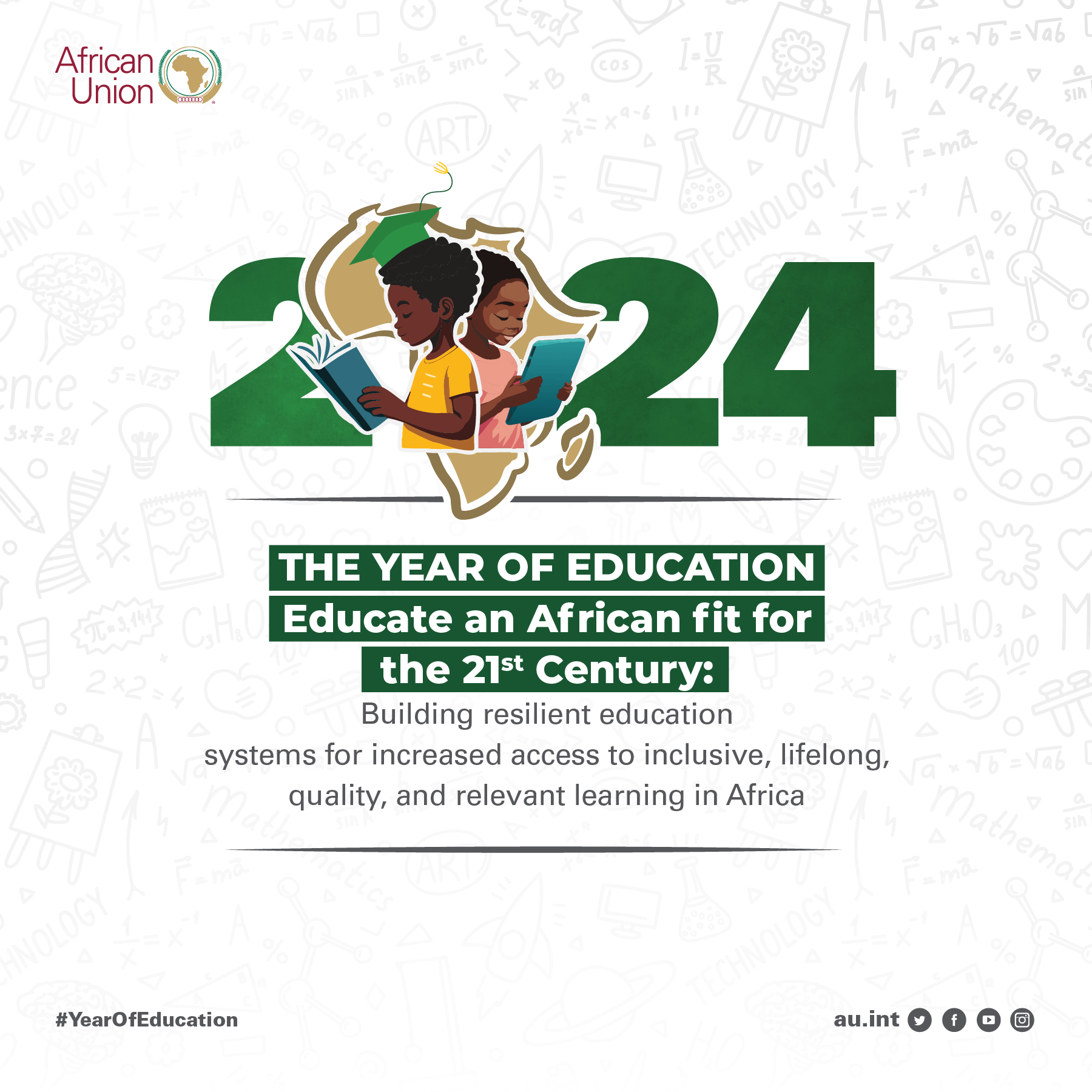The Pan-African Parliament’s (PAP) Committee on Cooperation, International Relations and Conflict is gathering further important information and data in preparation for their presentation of the Model Law on Nationality before the Plenary on 1 November 2022.
The sixth parliament of PAP is sitting for its first ordinary session in Midrand South Africa from 24 October 2022 to 11 November 2022.
“We need to do more work on the Model Law on Nationality before the presentation on 1 November 2022. Most importantly, the information provided to this Committee by the subject expert Mme Emmanulle Mitte, a representative from the United Nations High Commission for Refugees (UNHCR), on 25 August 2022, must be verified before we can proceed,” says Hon. Dr. Eng. Sherif El Gabaly, the chairperson from Egypt.
Following her presentation in August, members of the committee requested Mme Mitte to update the statistics and harmonise the disparity in statistics before the information could be shared with the member states and other relevant stakeholders.
“This is a delicate and very important issue. We need to be cautious and need clarity and expert legal opinion about the situation in African countries,” says Hon. Loide Kasingo, a member from Namibia.
After the presentation to the Plenary on 1 November, the proposed Model Law on Nationality will be further considered and discussed by the Committee, before presenting a request to the Plenary for deliberation.
“The resultant Resolution of the Plenary would then direct the Committee following approval/disapproval, which would then give the Committee direction on how to proceed,” says Hon.Dr. Gabaly.
The Model Law on Nationality is expected to serve as a model for parliamentarians to consider as they amend their laws on nationality. According to Mme Mittle’s, the first cause of “statelessness is a lack of laws on nationality. There are several charters of the African Union (AU) that lend credence to the need to address the issue of statelessness.
Statelessness is defined as the condition of an individual who is not considered as a national by any State under the operation of its law. It has a grave impact on the lives of individuals and on the harmony of communities. The main causes of statelessness are gaps in nationality laws.
The African Commission on Human and Peoples Rights, the African Court on Human and People’s Rights and the African Committee of Experts on the Rights and Welfare of the Child have confirmed that statelessness is a violation of the right to human dignity and to legal status established by Article 5 of the African Charter on Human and People’s Rights. They state that: “The Right to nationality is a fundamental condition for the enjoyment and protection of the full range of other human rights.”
-Ends-








